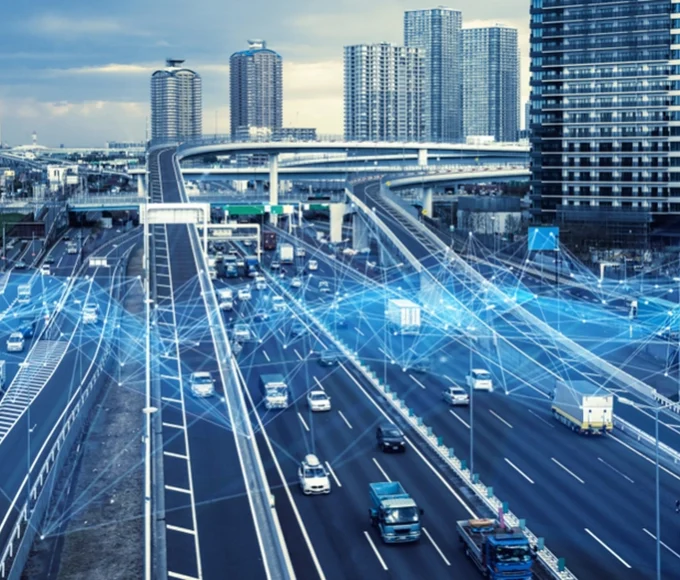India, with its rapidly growing population and expanding economy, faces the dual challenge of meeting the energy demands of its citizens while mitigating the environmental impact. In recent years, the country has made significant strides in embracing renewable energy sources as a key component of its energy portfolio. To enhance efficiency, reduce costs, and optimize performance, the integration of Artificial Intelligence (AI) has emerged as a game-changer in India’s renewable energy sector, propelling sustainability to new heights.
Enhancing Energy Production and Distribution
AI is playing a pivotal role in optimizing the generation and distribution of renewable energy. Machine learning algorithms are utilized to predict energy demand patterns, allowing for more accurate and efficient planning of energy production. These predictive models consider various factors such as weather conditions, historical data, and grid demand, ensuring that energy generation aligns closely with consumption patterns.
Moreover, AI is being employed to enhance the performance of solar and wind farms. Smart algorithms analyse real-time data from sensors and weather forecasts to optimize the operation of these renewable facilities. For instance, AI can adjust the tilt of solar panels based on the position of the sun, maximizing energy absorption. In wind farms, predictive maintenance powered by AI helps identify potential issues before they lead to costly downtime, ensuring continuous and reliable energy production.
Grid Management and Stability
India’s power grid is undergoing a transformation to accommodate a higher proportion of renewable energy sources. The intermittent nature of renewables, such as solar and wind, poses challenges to grid stability. AI-based solutions are employed to manage these fluctuations by predicting energy generation and consumption patterns.
Through advanced grid management systems, AI enables real-time adjustments to balance supply and demand. Energy storage systems, guided by AI algorithms, store excess energy during peak generation periods and release it during high demand periods, contributing to grid stability and reliability.
Cost Optimization and Affordability
The affordability of renewable energy is crucial for its widespread adoption. AI is instrumental in reducing costs by optimizing various aspects of energy production and distribution. Machine learning algorithms help in predicting equipment failures, enabling proactive maintenance and minimizing downtime. This predictive maintenance not only enhances the reliability of renewable energy infrastructure but also reduces operational costs.
Furthermore, AI is employed in financial modeling to optimize investment decisions. By analyzing vast datasets and considering numerous variables, AI algorithms can assess the financial viability of renewable energy projects. This aids investors and policymakers in making informed decisions to maximize the return on investment and accelerate the transition to sustainable energy sources.
Policy and Planning
AI is also proving invaluable in shaping policies and planning for a sustainable energy future in India. Machine learning models analyze vast datasets, including socio-economic factors, environmental impact assessments, and regional energy demand patterns. These insights assist policymakers in formulating effective strategies for the deployment of renewable energy projects.
In addition, AI aids in monitoring and enforcing compliance with environmental regulations. By analyzing data from remote sensors and satellite imagery, AI can identify potential environmental risks associated with renewable energy projects and ensure adherence to sustainable practices.
Challenges and the Way Forward
While the integration of AI in India’s renewable energy sector brings numerous benefits, challenges exist. These include concerns related to data security, the need for skilled professionals, and the initial capital investment required for implementing AI solutions. Addressing these challenges will be crucial for the continued success of AI in propelling sustainability in India’s renewable energy sector.
The synergy between AI and renewable energy in India marks a significant step towards a sustainable and eco-friendly future. By harnessing the power of artificial intelligence, the country can enhance the efficiency, reliability, and affordability of renewable energy sources.
As India strives to meet its energy demands while minimizing environmental impact, the integration of AI in the renewable energy sector stands out as a beacon of innovation and a key driver for a greener and more sustainable tomorrow.
















Leave a comment